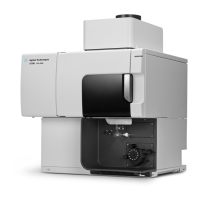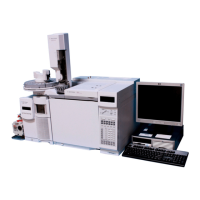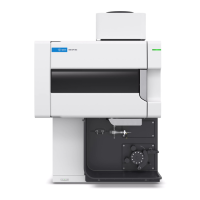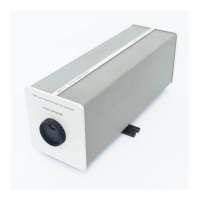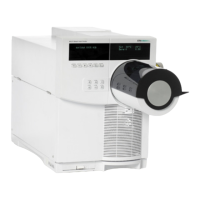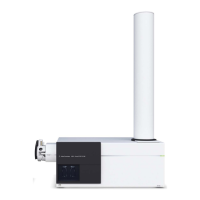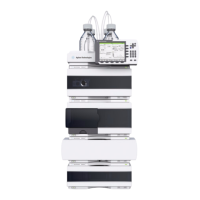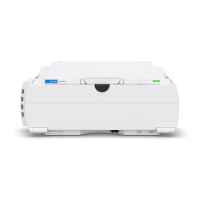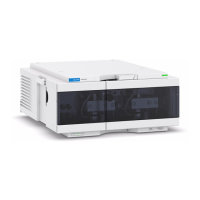156 Agilent Restricted Agilent 5110/5100 ICP-OES Service Manual
5 Troubleshooting
Low Analytical Sensitivity
Low Analytical Sensitivity
Return to step 13
There are a multitude of potential causes for an instrument exhibiting low sensitivity (low
intensity). These include but are not limited to:
• dirty, blocked or poorly setup sample introduction components (including accessories),
• incorrect method parameters,
• wet chemistry- matrix interferences and/or poor solution preparation,
• contaminated or wrong utilities such as gas supply
• incorrect instrument setup and adjustment
• instrument hardware failure
• or a combination of the above.
In determining why an instrument may exhibit low sensitivity it’s imperative that a methodical
approach is used in order to get to the root cause in the most efficient manner. In some cases
there maybe multiple causes of low sensitivity in which case a considered approach is the only
way to resolve the issue without the need for unnecessary service work.
This Section will guide the user through steps to solve the problems highlighted.
Section Contents:
Perform an Instrument test 156
Sensitivity Failure - Analysis Table 157
Low Sensitivity Fault Finding Diagnostics 158
Blocked Nebulizer 160
Blocked Injector Tube 161
Pump Tubing 161
Organic Samples 161
Incorrectly Prepared Standards 161
Conditions not optimized 161
Camera Condensation 161
Perform an Instrument test
In order to understand the failure mode run an “Instrument Performance” test from the “Tests”
tab to validate the instrument (Refer Chapter 6). Check results:
If tests pass it suggests the problem may be related to the customer’s method (application) and
may not be a fault of the instrument.
If the test fails, then rerun it with a known good Seaspray Nebulizer and Cyclonic spraychamber
to eliminate this as a possible cause.
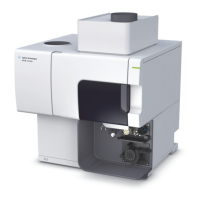
